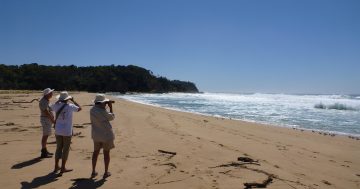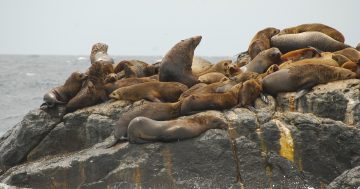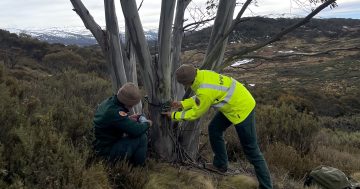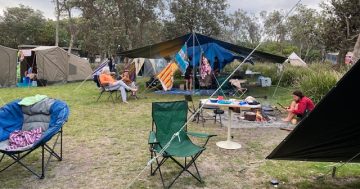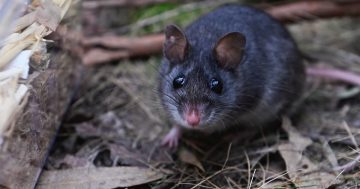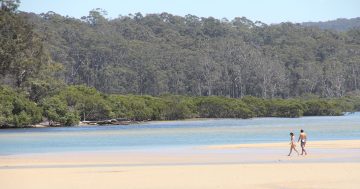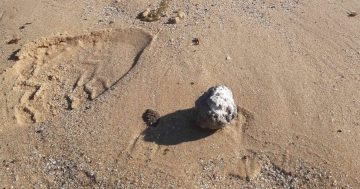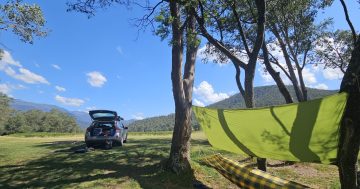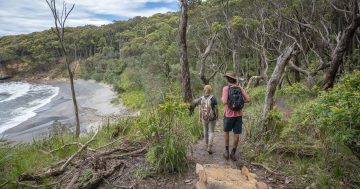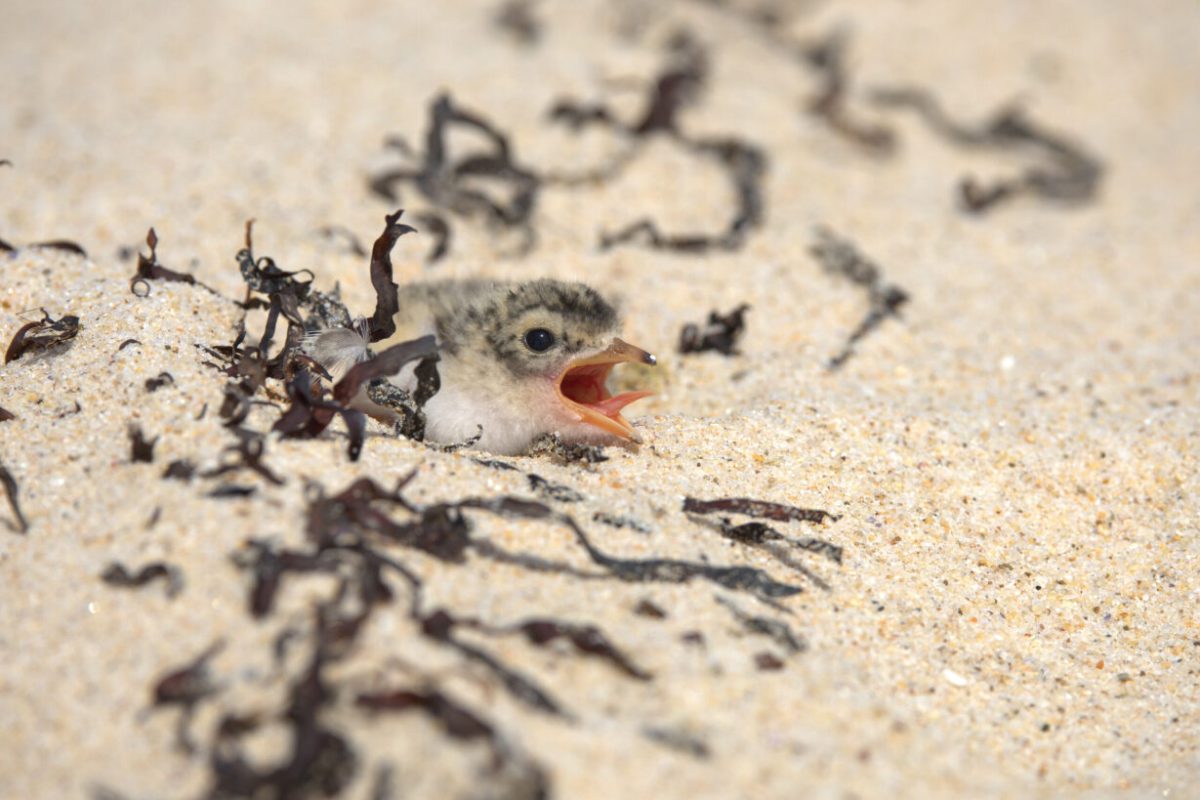
These tiny birds are sometimes hard to see, but their numbers are holding steady. Photo: Andrew Robinson.
Some tiny birds have experienced another great breeding season, with conservationists recording their second-highest number in more than two decades.
Each spring, many little terns (a tiny seabird) migrate thousands of kilometres across the ocean to nest on Australian shores.
Across NSW, more than 900 nests have been counted across the state, the second-highest number in 24 years.
Counts of active nests from the 2024-25 season also suggest at least 485 breeding pairs of little terns nested in NSW. It’s a jump from last year’s number of around 430 pairs.
NSW National Parks and Wildlife Service (NSW NPWS) Acting Deputy Secretary Trish Harrup welcomed the increase.
“To see an increase in numbers of a threatened species for two consecutive years is an incredible achievement and it’s not possible without a cast of hundreds to lend their time to this important cause,” she said.
“I’d like to thank all those across the state who give their time, including volunteers, NSW National Parks and Wildlife Service staff, local councils, land managers, contractors and stakeholders who conducted over 5000 observations at nest sites this season.
“Despite these promising numbers, these birds remain on the edge, and continued efforts are vital to protect them along our coast, and every person can play a role in making a difference.”
During the most recent breeding period, nests were spotted at 24 sites along the coast, ranging from Wilsons Head in Yuraygir National Park north of Coffs Harbour down to Merimbula on the NSW Far South Coast.
This incredible number of breeding pairs resulted in an estimated 510 fledglings, making it the highest count of fledglings on record, as well as a substantial jump from last year’s figure of around 370.
During this breeding season Karagi Point on the Central Coast led the way, and saw almost 45 per cent of the state’s little tern fledglings hatched.
Sites at Lake Conjola and Lake Wollumboola on the South Coast also experienced positive results.
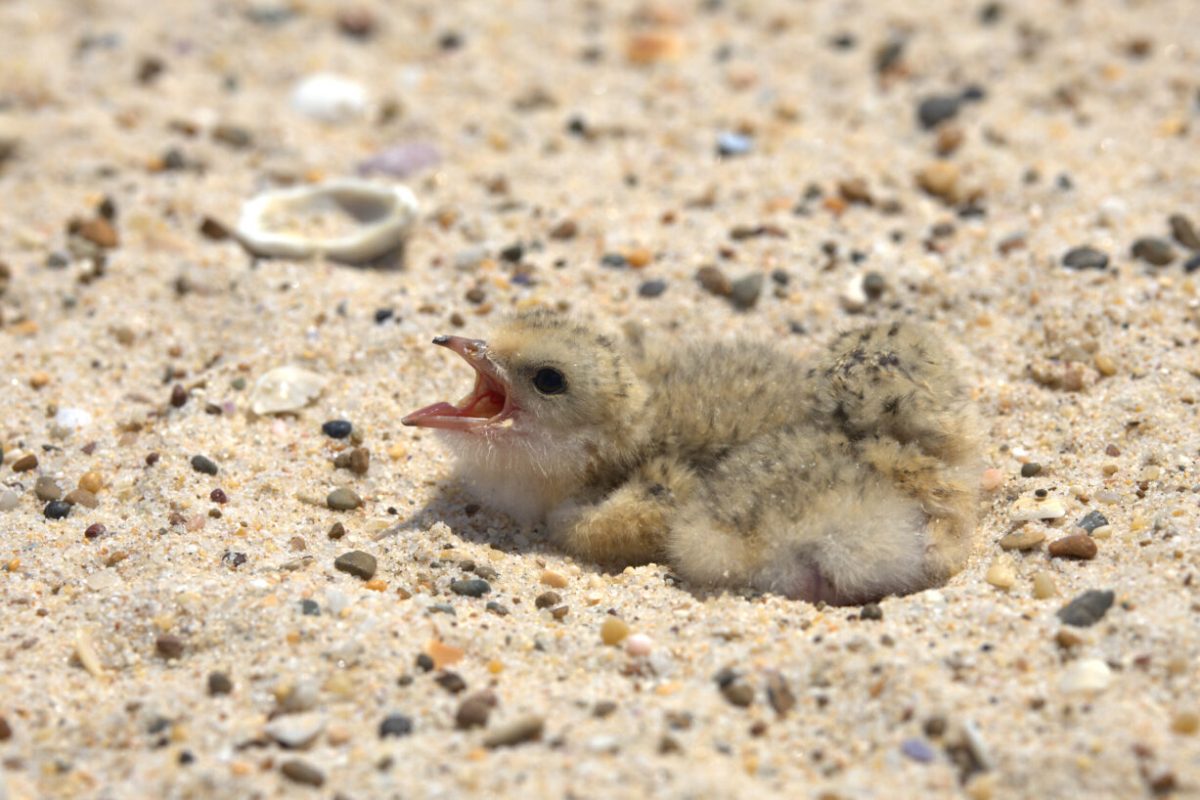
The NSW NPWS is urging beachgoers to watch out for beach-nesting birds. Photo: Andrew Robinson.
Beach-nesting birds, like little terns, lay eggs directly on the sand.
They are so well camouflaged, however, they become almost invisible and are vulnerable to being disturbed by beach visitors.
The birds also face other threats, such as native and introduced predators, crushing and disturbance from vehicles, humans and domestic dogs, flooding of nesting sites and adverse weather conditions.
The NSW NPWS has urged beachgoers to understand the impact they can have on the little tern in spring and summer each year.
When attending beaches during breeding season, people should:
- Only walk dogs on approved dog beaches and always keep them on a leash
- Walk to the water line to reduce their chances of stepping on an egg or chick
- Keep an eye out for bird nesting signs and fenced-off nesting areas on the beach
- Only drive on designated 4WD beaches with the relevant permit, and obey all beach-driving rules (including staying out of nesting areas)
- Each year, birds die from entanglement in fishing line or from ingesting rubbish, so people should take all fishing lines and rubbish with them when they leave.
For more information on beach-nesting birds in NSW, people can visit Share the shore.







